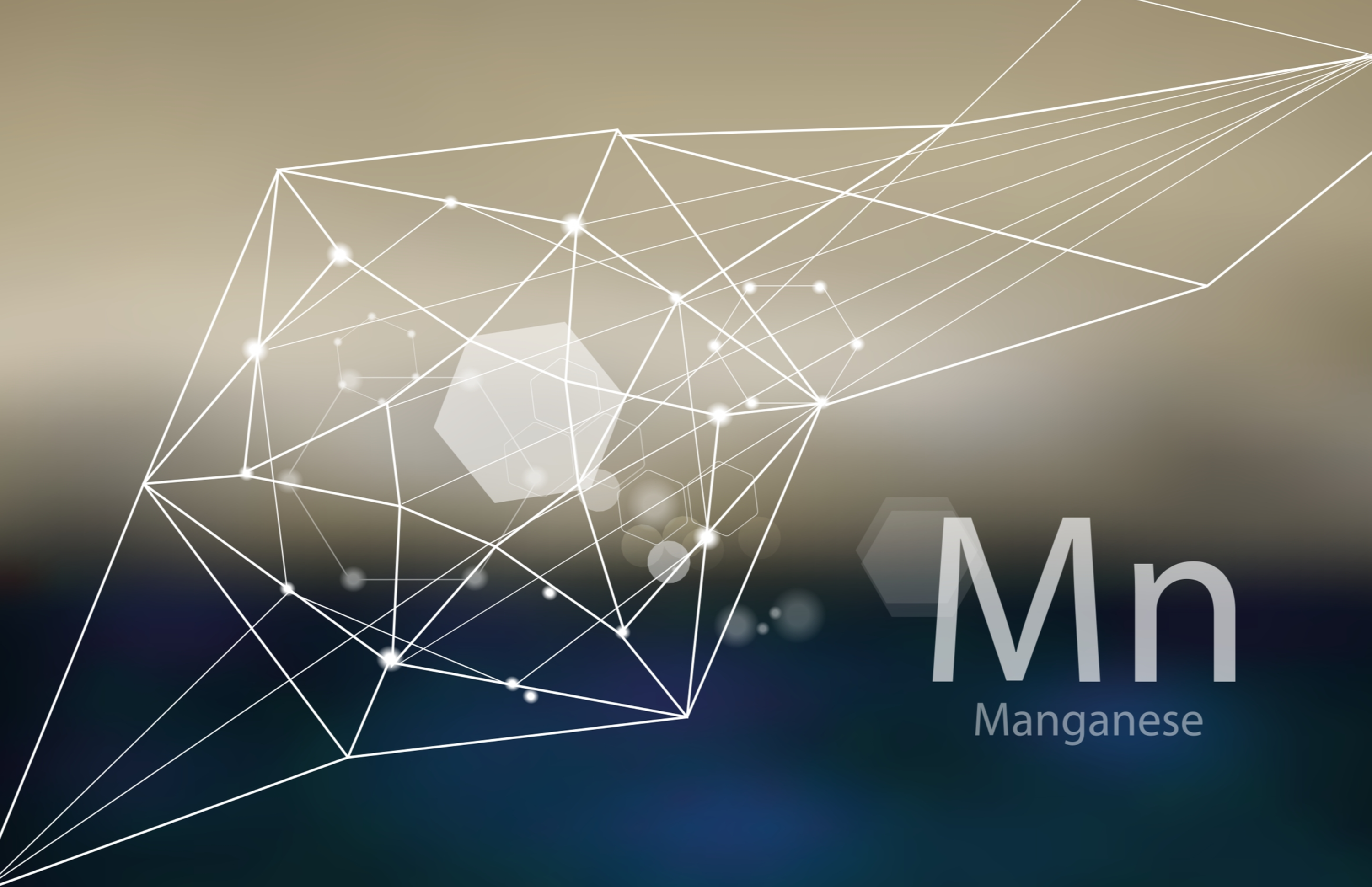Gabon eyes manganese ore exports ban by 2029
News Analysis

4
Jun
2025
Gabon eyes manganese ore exports ban by 2029
The renewed interest in enforcing the export ban reflects the continental movement towards value addition within Africa but may also contribute to the global manganese ore shortage.
The government of Gabon has announced its intention to ban the export of manganese ore from 2029. This is part of the country's strategy to reduce its economy’s dependence on raw material exports, and with Africas ‘Green Minerals’ strategy. In 2016, the government had already proposed a ban on raw ore exports by 2020, however, this was never implemented due to limited domestic processing capacity and infrastructure at the time.
Gabon is the world's second largest supplier, exporting 7.03Mt in 2024, representing 23% of world trade. The country mines high quality (over 40% Mn) oxide ore suitable for both the production of ferroalloys and the manufacture of battery components.
The ore exports ban will affect Chinese consumers who rely on blending ore from various sources, as well as Eramet’s own plants in Norway and France. It will also put additional pressure on the high-grade ore market. In 2024, the forced shutdown of Australia's high-grade ore GEMCO mine caused global prices to more than double in just a few months. Eramet has aimed to increase production to 8Mtpy, however an export ban would limit global high-grade ore availability, especially as South32’s GEMCO mine is slated to cease production from 2029 onwards.
One of the alternatives to exporting ore is to produce ferroalloys directly in Gabon. Eramet’s Moanda Metallurgical Complex already produces alloys at its 85ktpy silicomanganese and manganese metal plant. Further expansion of the plant's capacity would require additional investment. Additionally, the sustainability benefits of producing ferroalloys in Gabon using local hydropower would be mitigated by the increased carbon footprint from transporting the alloys to major customers.
This supply is likely to support Eramet’s existing production facilities in Norway and France, where access to hydro and nuclear power respectively already provides a competitive advantage.
Alternatively, battery production could be developed within Africa, leveraging Gabonese ore as a key raw material. Notably, Moroccan authorities have expressed ambitions to position the country as a continental battery manufacturing hub.
However, without large-scale investments from China, a key battery producer, such ambitious plans of African governments risk remaining unrealised. China has invested in Africa's mineral industry (e.g. Ghana), securing access to the continent's high-quality raw materials, while keeping production of high value-added products directly in China.